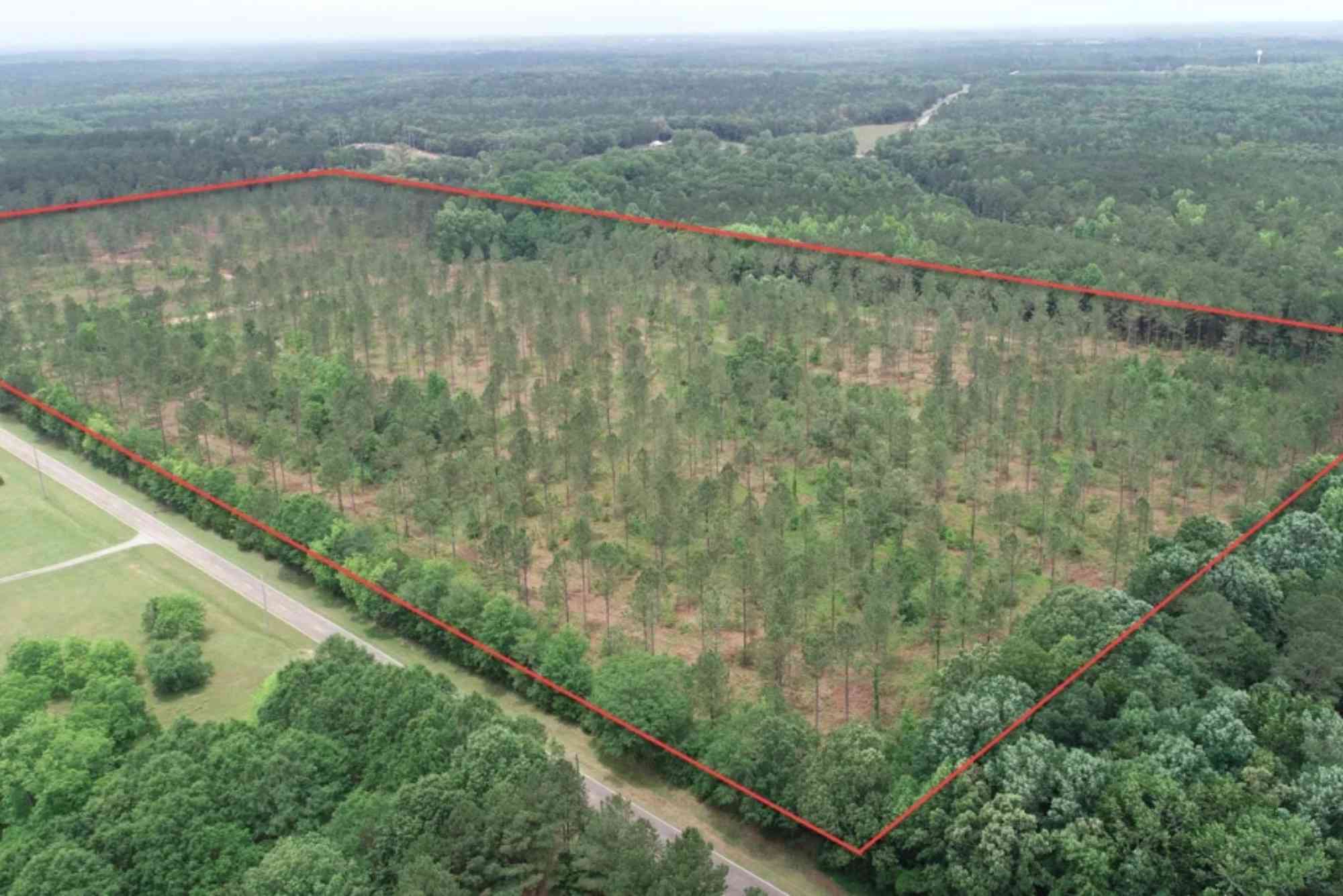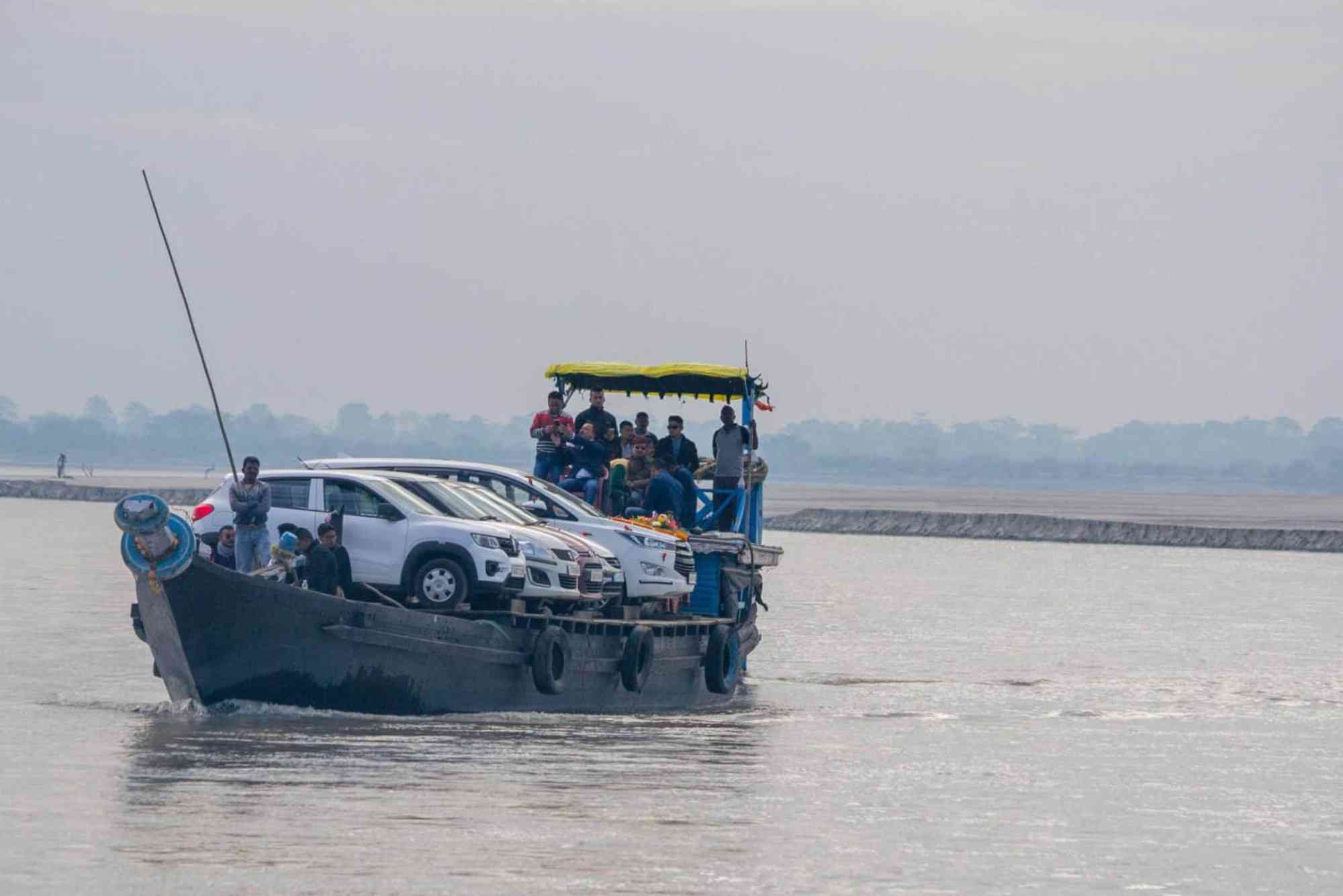Hunting Land for Sale in Georgia – Best Counties and Deals
Georgia is a hunter’s paradise, known for its rich wildlife, diverse landscapes, and hunting-friendly regulations. Whether you’re looking for trophy whitetail deer, wild turkey, or waterfowl, the Peach State offers some of the best opportunities in the Southeast. If you’re considering purchasing property, hunting land for sale in Georgia presents both recreational and investment value. But where should you look, and how do you spot the best deals?
In this guide, we’ll explore the most sought-after counties, what to consider before buying, and how to get the best deal on your ideal hunting property.
Why Buy Hunting Land in Georgia?
Georgia stands out as a prime destination for hunting enthusiasts. The state has over one million licensed hunters, and for good reason. Its mild winters and abundant game create perfect hunting conditions year-round. Additionally, the Georgia Department of Natural Resources (DNR) maintains supportive policies and robust wildlife management programs.
Buying hunting land in Georgia gives you access to game species like whitetail deer, wild hogs, bobwhite quail, black bear, and turkey. Not only do you get the freedom to hunt on your schedule, but well-managed hunting land can also generate income through timber sales, leases, and conservation incentives.
For many, it’s more than just sport—it’s an investment in lifestyle and land.
Best Counties for Hunting Land in Georgia
While great hunting land exists statewide, certain counties are especially popular due to wildlife density, accessibility, and land affordability.
Macon County
Known for producing record-book bucks, Macon County is a go-to spot for serious deer hunters. The land here is mostly rolling hills, hardwood bottoms, and pine thickets—ideal deer habitat. Prices vary, but tracts under $3,000 per acre can still be found if you’re willing to act fast.
Burke County
Located in east-central Georgia, Burke County is well known for turkey and whitetail deer. With a mix of wetlands, farmlands, and mature forests, this county appeals to hunters looking for both game and variety. Properties here often come with tillable land, which can increase value and utility.
Upson County
Situated closer to central Georgia, Upson County offers convenient access from Atlanta while still delivering great hunting experiences. The terrain is rugged but manageable, and prices tend to be more competitive than in the northern part of the state. Deer and turkey hunting dominate here, with occasional sightings of wild hogs and small game.
Dooly County
Dooly is another deer-hunting hotspot. In fact, it’s part of Georgia’s Quality Deer Management (QDM) counties, meaning there are antler restrictions that help produce larger bucks. If you’re after trophy deer and long-term potential, Dooly is a strategic buy.
Clinch and Charlton Counties
These southern counties offer excellent wild hog hunting in addition to deer and turkey. Land is typically more affordable in the southern region, and large tracts are easier to find. The swampy landscape is more suited to experienced hunters but offers incredible game density.
What to Look for in a Hunting Property
Not all hunting land is created equal. Before signing a deal, consider the following features that directly affect the quality and usability of the property.
Game Population
Make sure the property supports a healthy population of your target species. Ask about recent sightings, trail camera footage, or past harvests. If possible, tour the land in person during early morning or late evening hours when wildlife is active.
Water Sources
Creeks, ponds, and wetlands attract wildlife. They also allow for potential duck or waterfowl hunting opportunities. Land with natural water features often holds higher ecological value and can also boost resale prices.
Access and Boundaries
Legal, year-round access is a must. Avoid landlocked parcels unless you’re certain there’s a legal easement in place. Clearly marked boundaries, either through fencing or GPS coordinates, prevent disputes and make land management easier.
Timber and Cover
Mature hardwoods provide mast crops like acorns, while younger pines offer bedding cover. Diversity in timber type and age creates sustainable habitats and opens the door to timber income over time.
Food Plots and Agricultural Fields
Look for properties that already have food plots or are cleared and ready for planting. Access to food is essential for drawing and holding game on your property.
Understanding the Market: Prices and Trends
As of 2025, the average price for hunting land in Georgia hovers around $3,500 to $4,500 per acre, depending on location, size, and habitat quality. Northern counties closer to urban centers tend to cost more, while southern and middle Georgia offer more acreage for your budget.
Tracts under 50 acres are typically priced higher per acre due to demand from small-scale buyers. However, larger parcels (100+ acres) often offer better value and more flexibility for recreational or income-generating activities.
Recent trends show rising interest in hunting land ownership due to increasing lease costs, population growth, and outdoor lifestyle preferences post-pandemic. This makes early investment in Georgia’s hunting land a smart financial move.
How to Find the Best Deals on Hunting Land for Sale in Georgia
Getting the best value means knowing where and how to look. Here are some insider tips:
Work with Local Land Brokers
A real estate agent who specializes in land—particularly hunting and timberland—can give you access to off-market properties and expert advice. They often know about listings before they hit the public market.
Check Specialized Websites
Sites like LandWatch, Land And Farm, Whitetail Properties, and Georgia MLS often have searchable databases tailored for hunting land. Use filters to sort by acreage, county, price, and features like timber or water access.
Consider Bank-Owned or Estate Sales
Sometimes, land owned by banks or sold through probate offers deep discounts. While these might require a little more due diligence, the savings can be significant.
Don’t Overlook Raw or Undeveloped Land
While turnkey properties with deer stands, trails, and food plots are attractive, raw land can be much cheaper. If you’re handy or willing to invest in improvements over time, raw land offers excellent long-term upside.
Financing Tips for Buying Hunting Land
Most hunting land purchases require a different financing approach than a traditional home loan. Here’s what you should know:
Rural Land Loans
Banks in Georgia like AgGeorgia Farm Credit or Georgia’s United Bank offer rural land financing designed for recreational or timberland buyers. These loans often require higher down payments (15–25%) and come with shorter loan terms.
Seller Financing
Some sellers, especially individuals or small landowners, may offer direct financing. This arrangement can provide flexibility with down payments and interest rates but should be approached carefully with legal advice.
Cash Offers Get the Edge
If you have the funds, cash offers give you negotiating power and speed up closing. Landowners are often more flexible on price when there’s no bank or loan delay involved.
Conservation and Tax Incentives in Georgia
Georgia offers several programs that make land ownership more affordable:
Conservation Use Valuation Assessment (CUVA) allows landowners to reduce their property tax burden by committing to keeping land in conservation use for 10 years. This can save thousands annually.
Wildlife Habitat Incentives Program (WHIP) and Forest Stewardship Program (FSP) provide technical and sometimes financial assistance to landowners who actively manage for wildlife or timber.
Your Next Adventure Starts with Georgia Hunting Land
Whether you’re dreaming of weekend hunts with family or building a long-term land investment, hunting land for sale in Georgia offers unbeatable opportunities. The state’s mix of game-rich habitats, tax incentives, and land variety makes it a top destination for both beginners and seasoned hunters alike.
Take your time, do your research, and connect with local experts to find the perfect piece of Georgia hunting property that matches your goals.
FAQs
What animals can you hunt in Georgia?
You can hunt whitetail deer, wild turkey, feral hogs, small game (like squirrels and rabbits), black bear (in certain zones), and waterfowl.
Do I need a license to hunt on my own land in Georgia?
Yes, even on private land, you need a Georgia hunting license unless you’re a resident hunting on your own property.
Is Georgia a good state for deer hunting?
Absolutely. Georgia ranks among the top states for whitetail deer hunting due to liberal bag limits and a long hunting season.
How much does hunting land in Georgia cost per acre?
Prices vary, but expect to pay between $3,000 and $4,500 per acre depending on location, terrain, and game density.
Can I build a cabin on my hunting land in Georgia?
In most cases, yes. You’ll need to comply with local zoning and permitting laws, but many landowners build off-grid or semi-permanent hunting cabins.
Are there public hunting lands in Georgia?
Yes. Georgia has dozens of Wildlife Management Areas (WMAs), but private land offers more freedom, less pressure, and long-term benefits.





